
Ajanta Books International

Showing all 19 books


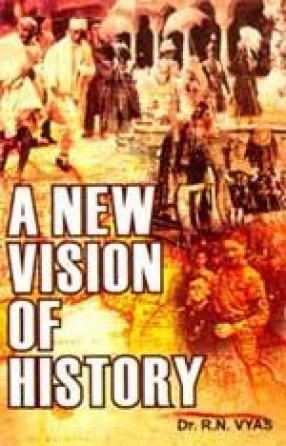
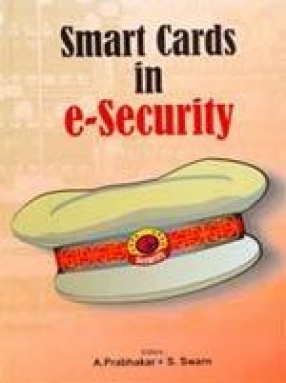
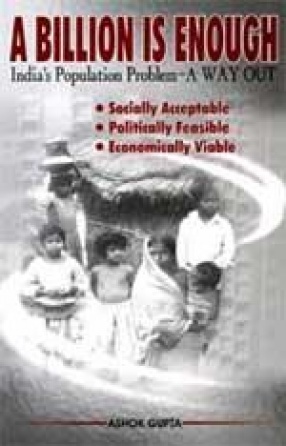

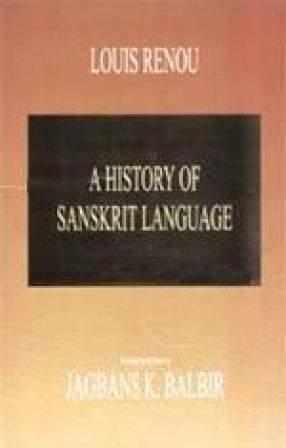


Subscriber Identity Modules (SIM) is essentially a smart card application in wireless services. SIM is a major component of the wireless market, paving the way to value-added services. Eventually new networks will have a common smart object and universal identification modules (UIM), performing functions similar to SIM Cards. SIM technologies are evolving SIM memory sizes have gone up from 8kb through 16kb. IC fab processes for SIMs have also evolved right ...

The present work tries to present a new vision of history. The traditional thinking about history as a mere record of past events needs a re-examination, if we intend to find out the real significance, worth and use of story. According to the author, history should be understood as a struggle between spiritual and non-spiritual or constructive and destructive forces for ascendancy. If the non-spiritual forces become dominant, the world is thrown in the cockpit of ...

Cybercrimes are in the news practically everyday. Counter measures are evolving to combat identity theft, hackers, viruses, etc. The dates, September 11, 2001 (the day hijacked jetliners hit the World Trade Center in New York and the Pentagon out side Washington), October 1, 2001 (the day a car bomb attack took place outside the Jammu and Kashmir State Assembly killing at least 27 people), and December 13, 2001 (the day on which terrorists attacked the Parliament ...
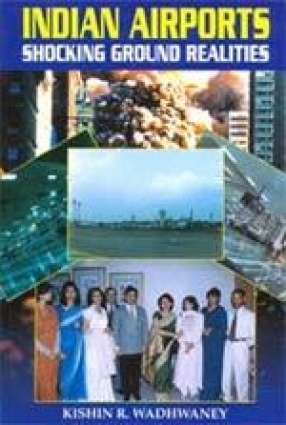
Airports are labeled as gateways of countries. They reveal a country’s characteristics in no uncertain terms. India’s international airports do not reveal the vibrance, diversity, cultural and spiritual heritage of the nation. Instead, they show its inhabitants in a poor light despite age-old noble traditions. There is nothing but ‘jungle raj’ obtaining here. They for-warn visitors to stay careful and watchful lest their trips turn out to be nightmares ...

It is a universally acknowledged fact that over-population is India’s problem No. 1. Various family planning programmes have remained less than successful as these were adhoc, isolated and non-comprehensive. No linkages were established between family planning programmes and removal of deprivations and disparities for the development of capabilities of the masses. As a result, we stand no better than where we were at the dawn of freedom. The plan of action for ...

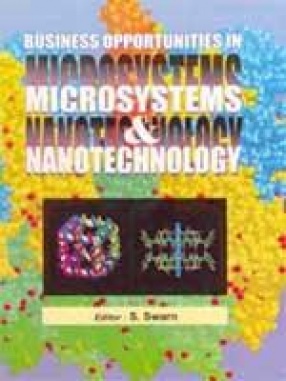
Nanotechnology, the industrial revolution of the 21st century, will have far-reaching impact on Science, Technology and Industrial Sectors worldwide. The importance of Microsystems and Nanotechnology has also been realized in India and the government of India’s Department of Science and Technology, Defence Research & Development Organization (DRDO)and Ministry of Communication and Information Technology, have allocated special funds for ...

The present work approaches in detail the totality of questions posed by the evolution of the Sanskrit language. Including the Indo-European and the Indo-Iranian beginnings, the work studies the Vedic language and the problems raised by the standardization following Panini; it reviews the language of inscriptions, and of the Epics, as well as its extension in the Puranas, the Tantras, and the texts of the Karikas, and the language of the commentaries or Bhasyas, ...
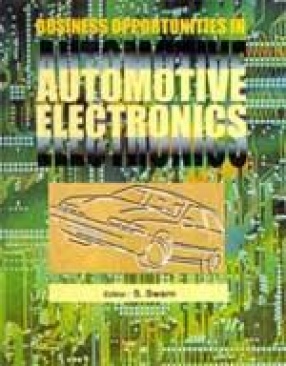
Last couple of years have seen a rapid growth in the Indian automobile industry which is now on the fast track. Passenger vehicle sales in the country registered a growth of 32 per cent and touched 1.3 million figure in 2003-04, driving the country into the elite club of nations with over 1 million annual passenger vehicle sales. The Indian Automobile industry, therefore, provides an enormous business opportunity to the electronics industry. This volume is a ...

Mobile Communications has emerged as one of the most important sectors of the global economy. World over this sector is witnessing revolutionary technological advances. After 2G, 2.5G, GSM and CDMA, it is now 3G, which is expected to bring in sweeping changes the way people communicate and their life style. India is poised to usher in a massive growth in the global mobile arena, next only to China. India currently has both GSM and CDMA technologies operating ...

We are at the dawn of a new Internet payment era-one where security counts and where payments become truly designated for the use of this medium. The world of Business to Commerce (B2C) online payments is varied and ever changing. Scores of new payment solutions have been launched, promising to overcome the flaws of the credit card. Online card payments form the dominant component of e-Payment IT spends. The key e-Payment growth opportunities are in m-Payment, ...
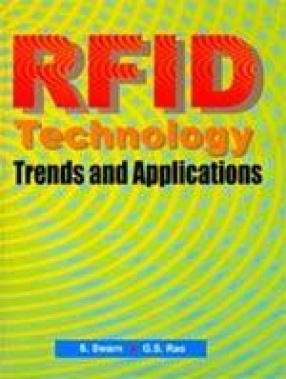
RFID (Radio Frequency Identification) is an automatic identification and data capture (AIDC) technology, which records products, place, time or transaction data without human intervention or error. The technology is used for tracking animals, vehicles, goods, military equipment and security/access control, library systems, retail, hospitals, healthcare, pharmaceutical and several other applications. RFID, coupled with EPC is the technology that promises to ...
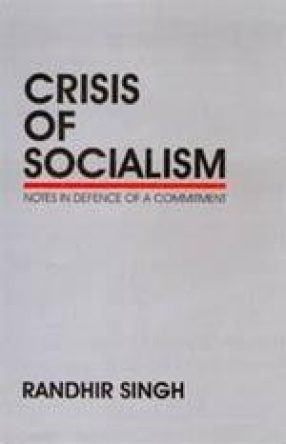
A response to the collapse of Soviet Union's 'actually existing socialism', this book deals with the basic issues of why and how of this collapse, its implications and where it leaves the question of socialism in our time. An exercise in theory, with a plea for a return to the basics, by one associated with the communist movement since 1939, 'the argument is addressed', as the author says in the Preface, 'to fellow militants in what is left of the communist ...
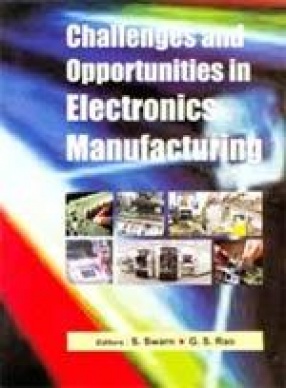
India is emerging as a hotspot for Electronics Manufacturing. Recent studies by Goldman Sachs indicate India could be the world’s third largest economy by 2035, behind the United States and China. India’s overall electronics industries projected to be about US$60 billion by 2010. Two thirds of this amount, US$40 billion, is expected to be for domestic demand with 80% manufactured internally and the remaining US$20 billion for export. Half of the export ...




In this, the first comprehensive study of the Sikh community in Britain, Gurharpal Singh and Darshan Singh Tatla look at how British -Sikh identity has developed from the nineteenth century to the present. At a time when much public debate centres on Muslim integration, this is a highly valuable alternative perspective on the challenges faced by another Asian community in becoming part of multicultural Britain. Using a vast amount of new source material, the ...
